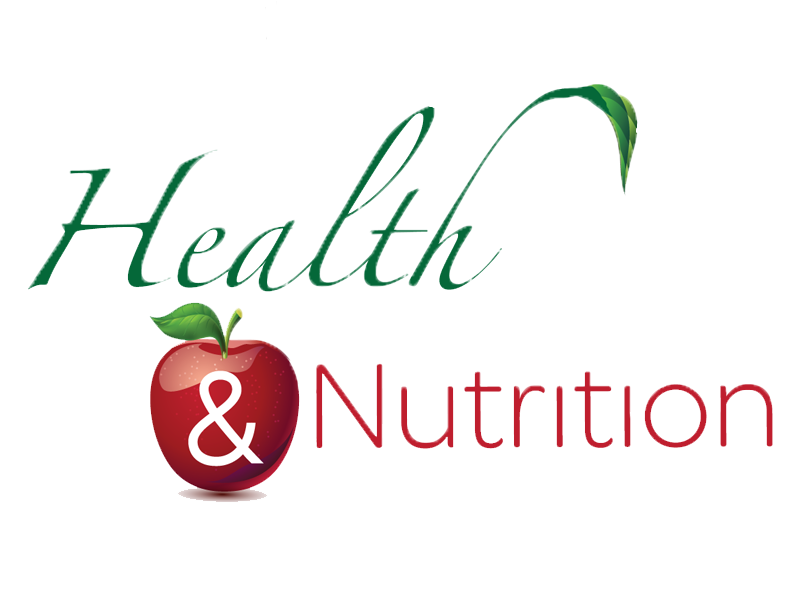DIET FOR HEALTHY HAIR GROWTH
About 5 types of foods that are extremely helpful in maintaining a healthy hair. Your hair cells are the second fastest-growing cells in your body, second only to intestinal cells. But because hair is not a vital organ or tissue, your body will never prioritize its nutritional needs. So, due to hair’s expendable nature, a nutritional imbalance will often show up first in the form of hair loss. Your hair cells, as well as the cells throughout your body, need a balance of proteins, complex carbohydrates, iron, vitamins and minerals to function at their best.
There are a number of foods that contain essentials nutrients that will maximize your hair's potential for growing healthily and looking beautiful and these right nutrients can help promote hair growth, especially if you’re experiencing hair loss due to poor nutrition. Since hair follicles are among the most metabolically active in the body, the hair growth is impacted by calorie and protein malnutrition as well as micronutrient deficiency. So, we will look at the 5 types of best foods that contain these essential nutrients.
1. Iron
Iron deficiency is the world’s most common nutritional deficiency and is a well-known cause of hair loss. Foods rich in iron include veggies like spinach, legumes, tofu, chickpeas and collard greens. Nuts like almonds, cashews and pistachios. Non vegetarian sources are good sources of iron as they contain heme iron which is more easily absorbed. Sources include chicken breast, lean meat, fish, beef, liver, egg yolks etc. Vegans and vegetarians are also at higher risk for Iron deficiency, as their requirements for dietary iron are considered to be 1.8 times higher than for meat consumers. Non-heme iron, found in plants, has a lower bioavailability than heme iron, found in meat and fish.
2. Zinc
Zinc is an essential mineral required by hundreds of enzymes, so it has an important role in protein synthesis and cell division. It is therefore a critical component for development of hair follicle. Zinc rich foods include Pumpkin seeds, Sesame seeds, watermelon seeds,red Meat, Shellfish, Nuts like almonds and cashews and vegetables like Spinach and mushrooms.
3. Biotin
4. Omega Fatty acids
OMF’s especially omega-3 and omega-4 fatty acid deficiency is also very common and leads to symptoms like greying of hair and loss of scalp hair since these fatty acids are very important for hair follicle growth. Fatty fish like salmon, herring and mackerel are excellent sources of omega-3 fatty acids. Fatty fish is also a great source of protein, selenium, vitamin D3 and B vitamins, nutrients that may help promote strong and healthy hair. Additionally, you can consider supplementation with omega fatty acids too.
5. Vitamin D
Data from animal studies suggests that vitamin D plays a critical role in hair follicle growth cycle. Vitamin D receptors are particularly increased during the growth phase of the hair follicle. Deficiency of Vitamin D is very common and Risk factors for vitamin D deficiency include inadequate sun exposure, dark skin, obesity, gastric bypass, and fat malabsorption. Food sources of vitamin D include whole Milk, Cheese, butter, eggs, nuts like almonds, fishes like tuna, sardines, salmon and mackerels. Also make sure to give 10-15 minute of sun exposure every day as that is essential to convert the vitamin D present in your body into its active form.


.jpg)




.jpg)
.jpg)
.jpg)
.jpg)
0 Comments